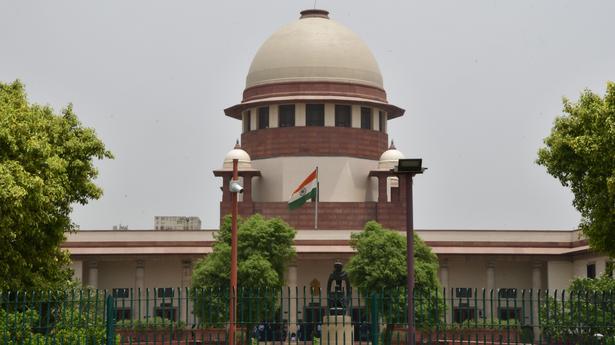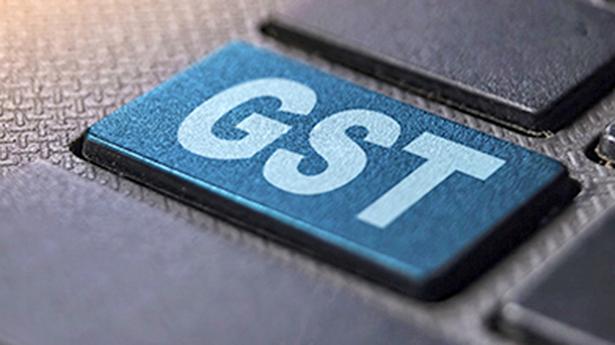The case pertaining to the levy of Service Tax and Integrated GST on ocean freight has been argued since 2017 before several courts and involved a judicial review of the Constitutional validity of both the tax levies.
The case pertaining to the levy of Service Tax and Integrated GST on ocean freight has been argued since 2017 before several courts and involved a judicial review of the Constitutional validity of both the tax levies.
The Supreme Court on Thursday held that recommendations of the GST Council are not binding on the Centre and the States but only have a persuasive value, while striking down the levy of integrated GST on ocean freight, dismissing a plea by the revenue authorities challenging a Gujarat High Court order.
“This judgment may change the landscape of those provisions under GST which are subject to judicial review,” said Abhishek A. Rastogi, partner at Khaitan & Co, who argued for the petitioners before Gujarat High Court and the Supreme Court.
“As the court has gone ahead to categorically hold that the GST Council recommendations have only persuasive value, there will be pragmatic approach to the provisions which are subject to judicial review by way of challenge to the constitutionality of such provisions based on GST Council recommendations” he noted.
The case pertaining to the levy of Service Tax and Integrated GST on ocean freight has been argued since 2017 before several courts and involved a judicial review of the Constitutional validity of both the tax levies. The Goods and Services Tax (GST) regime had become operational on July 1, 2017.
The Gujarat High Court had quashed the IGST levy on ocean freight under the reverse charge mechanism, against which the revenue authorities had filed a special leave petition in the apex court.
“The Supreme Court has held that GST on ocean freight paid in case of import of goods is unconstitutional. As a corollary, the Indian importers who had paid such tax will be eligible to refund. Further, those importers who had not paid the tax on import of services will now not be required to pay tax because of this Supreme Court ruling,” Mr. Rastogi told The Hindu.
Generally, the value of imported goods includes the Cost, Insurance and Freight components and Customs Duty and GST are levied on that value, explained Vivek Jalan, partner, Tax Connect Advisory Services.
“However, the Central Board of Indirect Taxes and Customs also sought to levy GST at 5% on the value of imported goods considering 10% of the value of imported goods as deemed ocean freight. This meant a levy of 0.5% GST on the value of imported goods as services, along with Customs duty and GST itself which is around 28% and is charged as goods,” he elaborated.
Importers had challenged the move as this entailed double taxation by the CBIC on the same value of imported goods, once by considering it as goods under the Customs Act, and then by considering a portion of the same value as services of transportation of goods.






